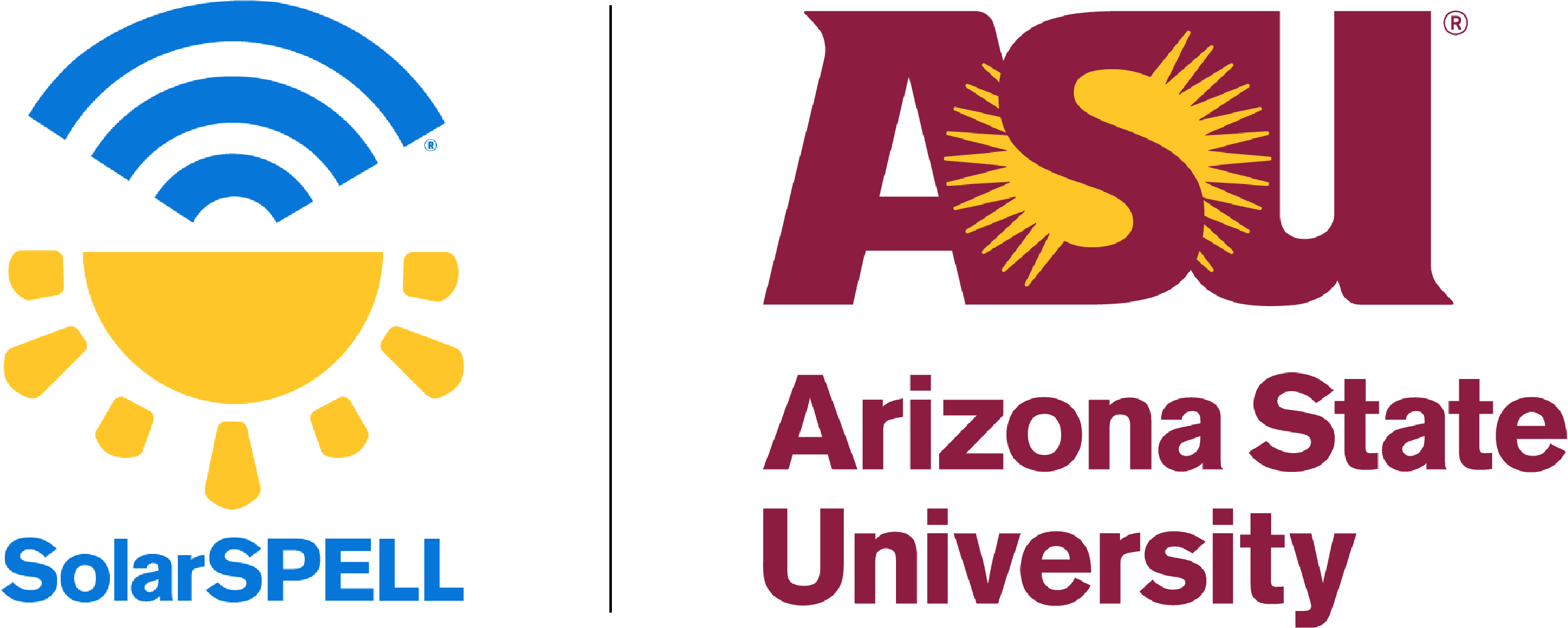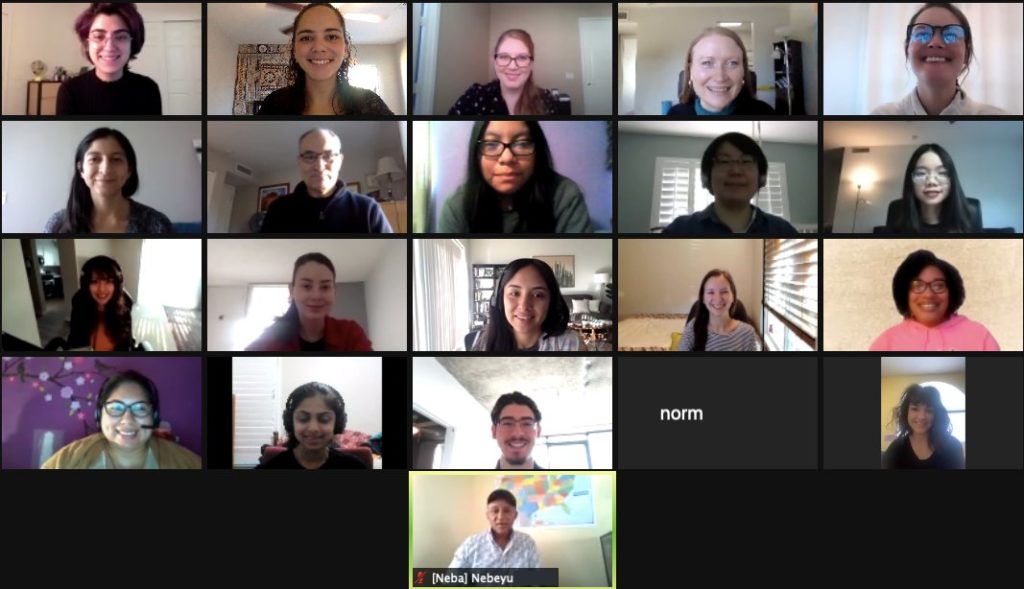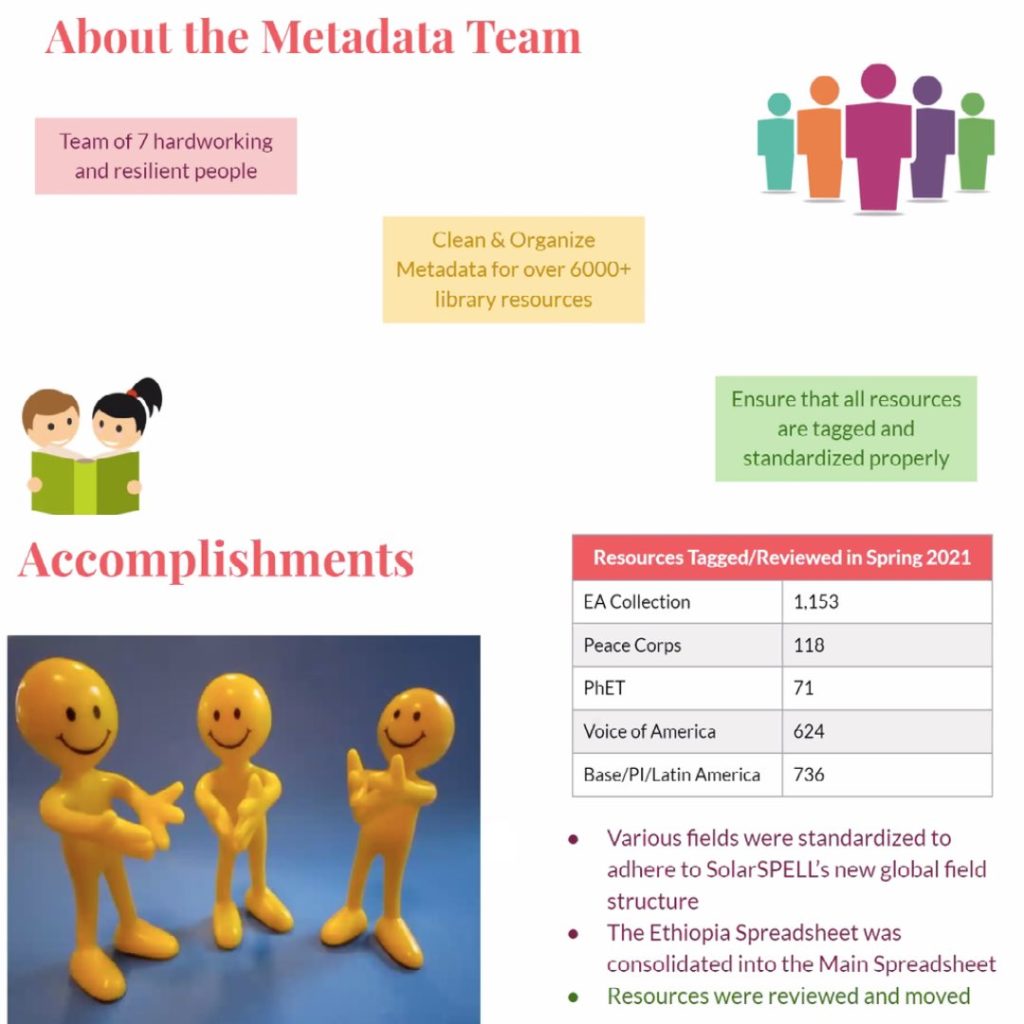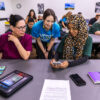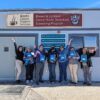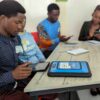By Rithikaa, SolarSPELL Intern, Arizona State University
I’m Rithikaa, a Senior majoring in Business Data Analytics at the W. P. Carey School of Business, Arizona State University. I’ve also had the amazing privilege of being a Metadata Intern and Volunteer with SolarSPELL since the Spring of 2021.
As a data enthusiast looking to learn, I stumbled upon the role of a MetaData intern in Summer 2020 and finding out about how SolarSPELL combined education, technology, and eco-friendliness resonated with me. I only applied a few months later and was stoked to learn from Courtney, the Student Engagement Coordinator, that I could begin contributing as a Metadata intern in Spring 2021. I was part of a jovial team, learning much about the importance of accurately describing Library Resources from Library Specialists, Kat, and later, Sara.
SolarSPELL has astoundingly opened up new avenues in the learning environment through technology for not only primary and secondary students, but also teachers and community members. This essential tie of the entire community truly fosters the importance of education, curiosity and the ability to expand horizons. Not to mention, digital literacy is especially significant with the pandemic preventing in-person instruction in many areas. I find it amazing how accessibility to all this stems from various teams’ coordination and contribution at SolarSPELL.
One such team is the Metadata team, who work with data that provide information about other data. After the Content Curators find resources and send them to the Metadata team, we work on tagging and standardizing Descriptive Metadata such as the filename, resource type, audience, and keywords. While it may sound simple, it requires attention to detail because the keywords are what make each resource on the library searchable. Without them, it’s like trying to find a book in a huge library but without any labels or identifiers. As a fellow Metadata team member, Camryn aptly stated, “You can’t use it if you can’t find it!” and “You can’t use it if you don’t know you have it!”
My work consisted of working on many projects and small tasks alongside my teammates. I standardized the Date field, Audience field, and moved resources to their appropriate region’s sandbox. Another task was to ensure the Resource Type spellings and types were consistent with the standard list and to expand the list as needed. I also added a metadata record for each PhET Science and Math Simulations library resource, filling out keywords, original source, copyright fields etc.
Additionally, I worked on a project for Invalid Files to find if files already existed and delete duplicate entries and renaming files where appropriate. There were also keywording projects for Voice of America resources on teaching English, where we checked for redundant, duplicate, or inconsistent keywords overall. Now, I’m back to working on standardizing educational resource fields in a library that will eventually reach Ethiopia.
I would say that while the actual task might seem similar, it is not monotonous because the real value comes from going through the resources and understanding where they belong. In the process of creating a splendid record, you, as a learner could also come up with effective ways to help identify “That book I read sometime ago,” or “That one video about a girl learning math”. Needless to say, getting to meet such amazing people and working with them towards the same goal to provide educational content with the highest accessibility really makes it feel so much more worth it! Go SolarSPELL!
